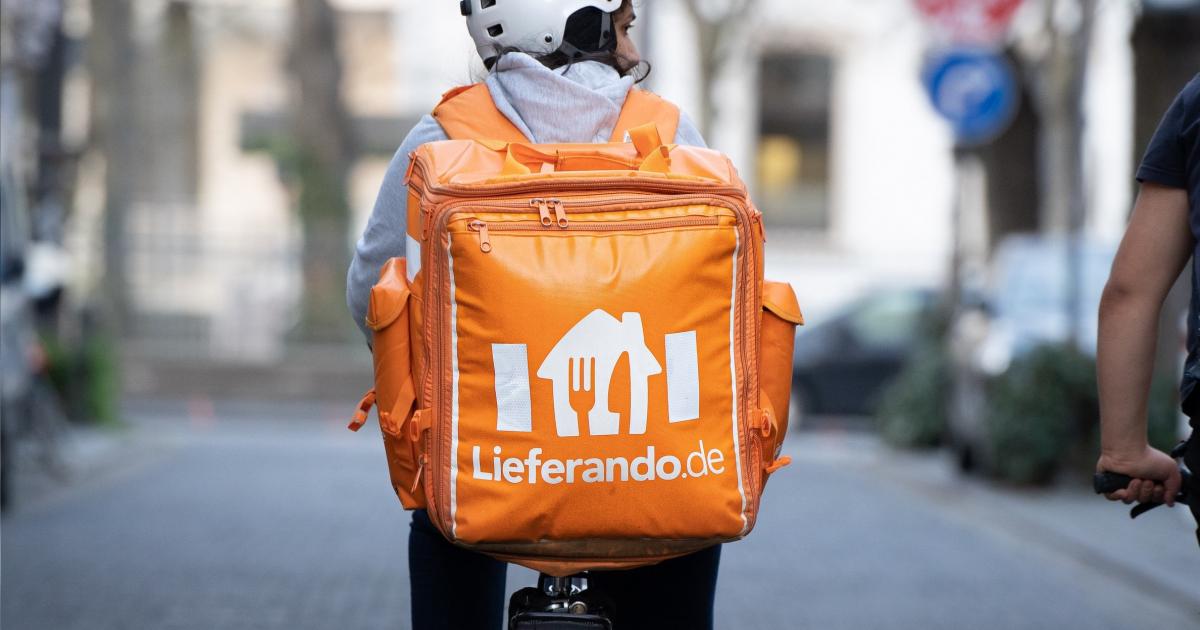Landmark case for food delivery in Germany’s gig economy as courts decide against Lieferando
Germany’s federal labor court says companies must provide employees with bicycles and phones
Last week, the Federal Labor Court in Germany ruled that local delivery services must provide their employees with work bikes and mobile phones or offer financial compensation to workers who use their own devices.
Companies need to provide staff with the tools to do the job
The move came following a lawsuit between Frankfurt-based courier Philipp Schurk and delivery platform Lieferando. The employee asked the company to provide him with the essential tools for the job.
Lieferando, the German subsidiary of Amsterdam-based Just Eat Takeaway, argued that the so-called riders working for their platform already had internet-enabled bikes and smartphones, so they wouldn’t be ” significantly overloaded” using their own equipment.
The company also said it offered employees a voucher of 0.25 euro cents per kilometer for bicycle repairs at a repair shop of its choice. However, it did not offer a similar benefit for phone repairs.
The courts disagreed, saying the practice makes Lieferando delivery workers assume the risk of damage to their own equipment, which was a unreasonable disadvantage. In addition, the court ruled that the company must provide cyclists with working bicycles and phones capable of performing the required tasks or, failing that, offer monetary compensation.
The gig economy – fair and equal
German food and catering trade union NGG backed Schurk in the court case. Freddy Adjan, vice-president of the union, announced that this is a strong and innovative signal for the beginning of the creation of fair and equal conditions in the gig economy.
He went on to explain that Lieferando’s practice reduced the company’s hourly wage, which was already only slightly above the minimum. He explained that the company will no longer be able to pass on the costs of maintaining the equipment to its workers.











/cloudfront-eu-central-1.images.arcpublishing.com/prisa/G4BRJESXDJDAXOBW6IWTHZ47K4.jpg)
